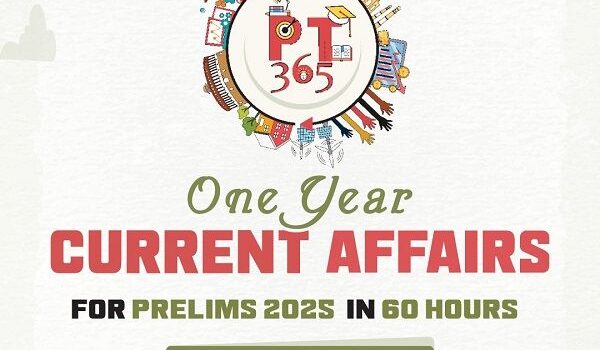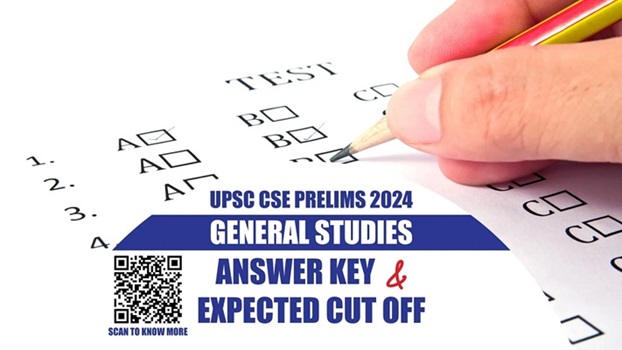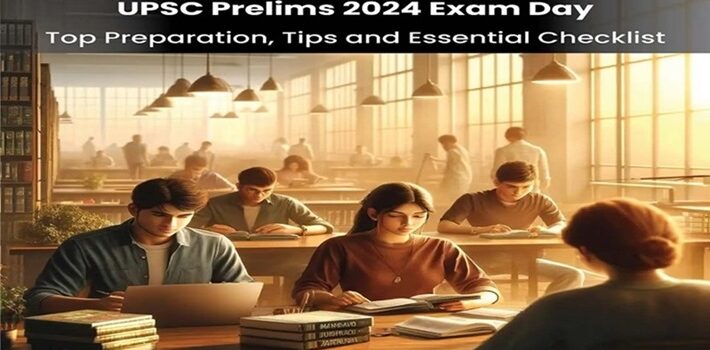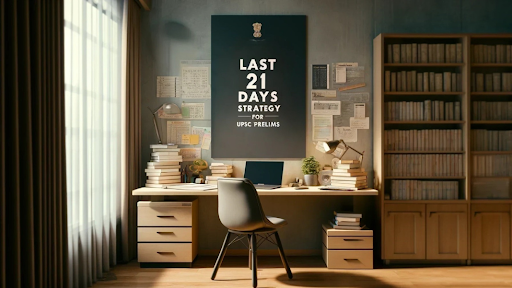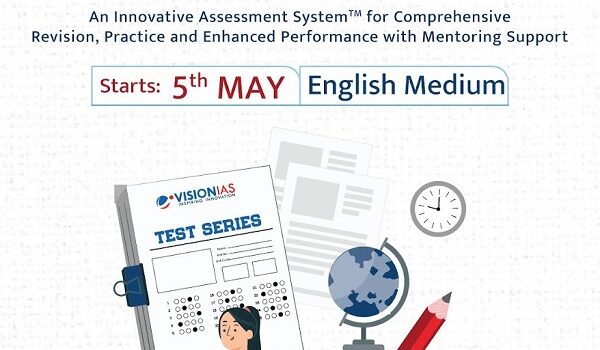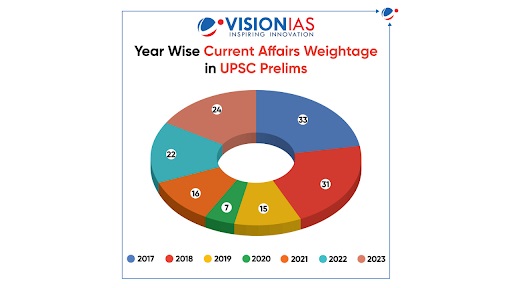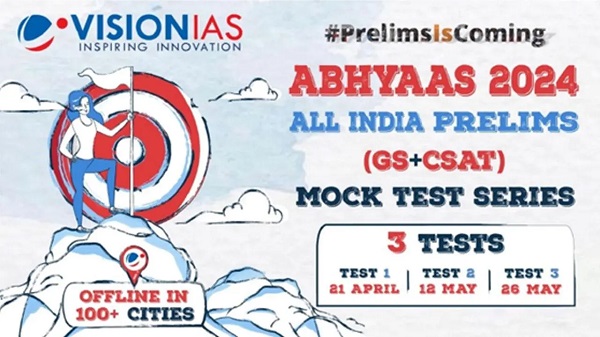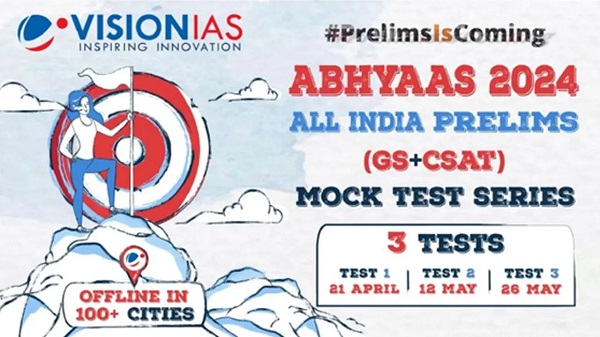Cracking the UPSC Prelims requires more than just hard work; it demands strategic preparation and smart resources. Among the plethora of study materials available, PT365 by Vision IAS has proven to be a reliable and impactful tool for mastering current affairs. Designed specifically for Prelims, PT365 has become an essential part of many toppers’ success stories. Let’s explore how this resource can help you achieve your UPSC dreams.
Current Affairs: Your Key to Prelims Success
The role of current affairs in UPSC Prelims has grown significantly over the years. In 2023, around 35-40% of the questions had a direct or indirect link to current events. Topics such as international relations, economic policies, environmental developments, and technological advancements form the core of this section.
While newspapers are great for staying informed, they often lack the structured, exam-focused approach needed for Prelims. This is where PT365 excels, offering aspirants a concise, curated, and comprehensive resource to tackle current affairs with confidence.
What Makes PT365 Unique?
PT365 isn’t just another study material; it’s a game-changing resource tailored for UPSC Prelims. Here are its standout features:
- Comprehensive Subject-Wise Coverage
PT365 breaks down the year’s most important topics into subject-specific booklets, including Polity, Economy, Environment, Science & Technology, and more. This systematic approach helps aspirants focus on one area at a time, aligning with their preparation strategy.
- Concise Summaries for Quick Revision
With its crisp and focused content, PT365 ensures you don’t waste time sifting through unnecessary details. It’s ideal for quick yet thorough revisions.
- Interactive Learning with QR-Code Quizzes
PT365 incorporates QR-code-based quizzes, allowing aspirants to test their understanding and reinforce key concepts. This interactive feature makes learning more engaging and effective.
- Exam-Oriented Content
The resource prioritizes high-yield topics, ensuring that aspirants focus on areas most likely to appear in the Prelims.
- Visual Aids for Better Retention
Tables, flowcharts, and graphs simplify complex information, making it easier to understand and retain.
Success Stories: Real Results with PT365
Let’s look at how PT365 has been instrumental in solving real Prelims questions. In 2024, the Supreme Court directed the Centre to set up a fresh Delimitation Commission. PT365 Polity 2024, under “Article 7.2: Delimitation Commission,” provided a detailed analysis, including the number of commissions constituted by December 2023. This comprehensive coverage directly helped aspirants answer a Prelims question on the topic.
Many toppers have similar stories:
- “PT365 is a game-changer—essential for covering Prelims current affairs effectively.” — Rupal Rana, AIR 26, UPSC CSE 2023.
- “I referred to PT365 and also solved quiz tests based on it.” — Pourush Sood, AIR 29, UPSC CSE 2022.
How PT365 Complements Your Preparation
- Bridges the Gap Between News and Analysis
While newspapers provide daily updates, PT365 organizes and contextualizes this information, linking it to the syllabus and potential exam questions.
- Saves Time and Effort
By condensing a year’s worth of current affairs into focused booklets, PT365 allows aspirants to revise efficiently without missing critical details.
- Enhances Strategic Preparation
PT365 highlights trends, recurring issues, and application-based questions, equipping aspirants with insights to tackle even the most challenging sections of the Prelims.
Tips for Making the Most of PT365
To maximize the benefits of PT365, follow these steps:
- Start Early
Begin incorporating PT365 into your study plan a few months before the Prelims to ensure ample time for understanding and revision.
- Focus on One Booklet at a Time
Tackle subject-specific booklets systematically, ensuring you thoroughly cover each area before moving on to the next.
- Balance Notes and Direct Revision
If you’re creating notes from PT365, prioritize revisiting them for retention. For sections you haven’t summarized, refer directly to PT365 to grasp the nuances.
- Engage with Quizzes
Solve the QR-code-based quizzes regularly to test your understanding and track your progress.
- Revise, Revise, Revise
With its concise format, PT365 is perfect for multiple revisions—a critical factor for success in the Prelims.
Why PT365 Is a Must-Have
The UPSC journey is challenging, but the right resources can make all the difference. PT365 is one such resource that has proven its worth year after year. Its blend of concise summaries, interactive tools, and exam-focused content makes it an indispensable tool for aspirants.
By integrating PT365 into your preparation, you not only save time but also gain a competitive edge that can set you apart from thousands of other candidates.
Conclusion
PT365 isn’t just a resource; it’s a strategy. It simplifies the daunting task of mastering current affairs, equipping aspirants with the tools they need to excel in the UPSC Prelims. Trusted by toppers and praised for its effectiveness, PT365 is your go-to companion for success.
If you’re serious about cracking UPSC Prelims 2025, make PT365 a core part of your preparation plan. With its proven track record and unmatched utility, it’s a resource you can rely on to achieve your dreams. Start your journey with PT365 today—success awaits!
Visit us at: https://visionias.in/current-affairs/pt-365
Or Call us at: 8468022022, 9019066066


